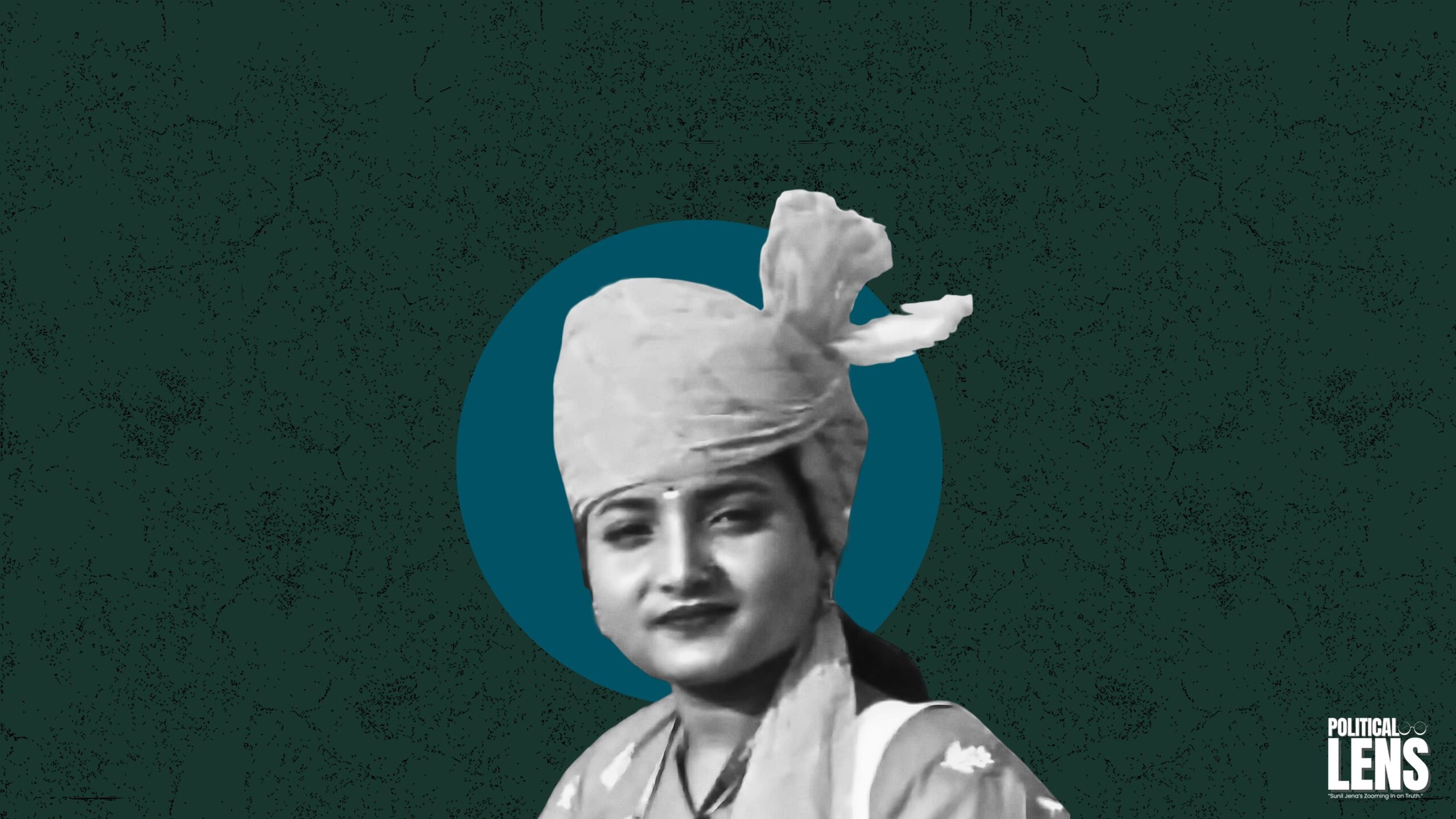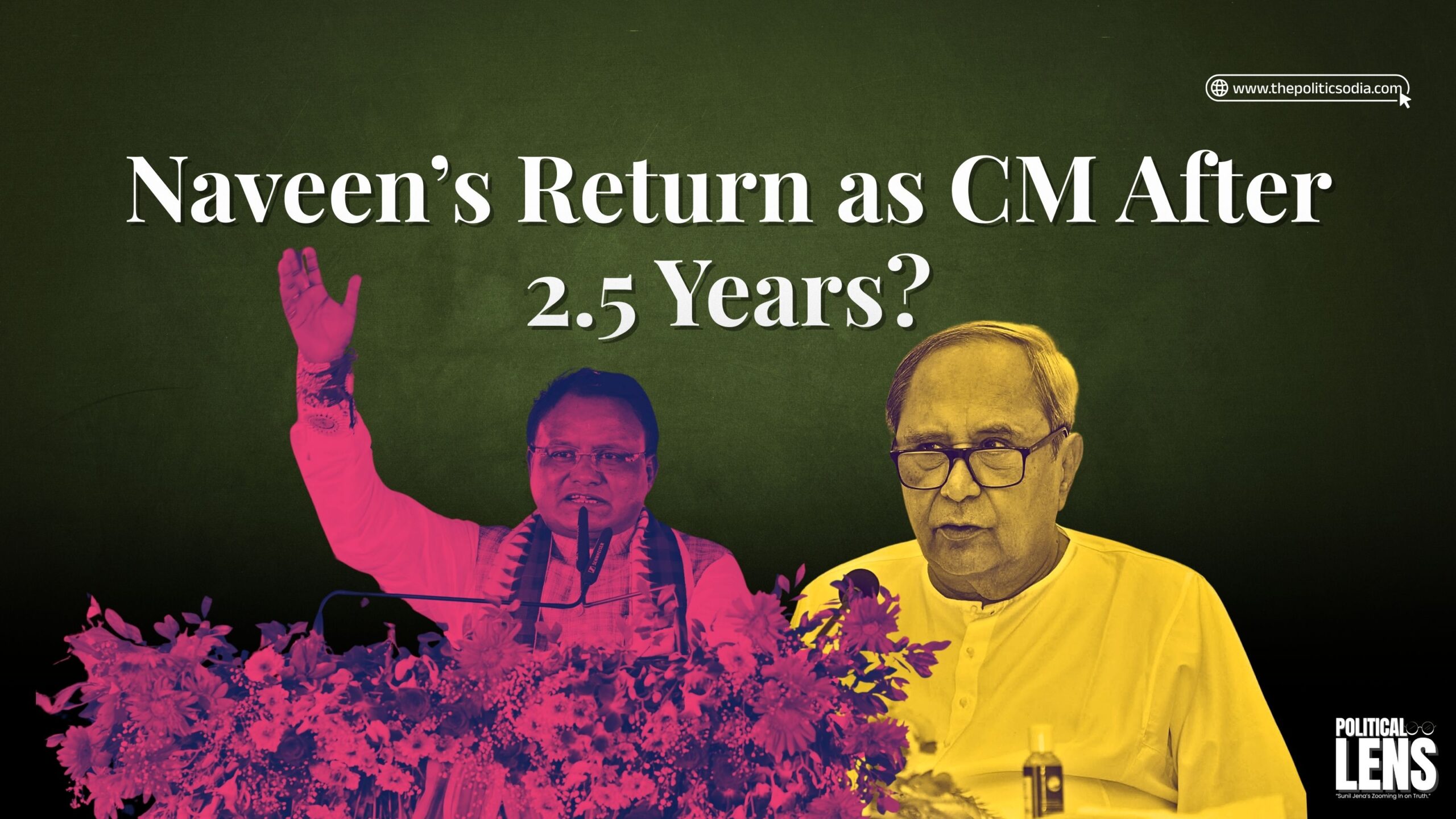By Sunil Jena, Editor-in-Chief, The Politics Odia
When a young woman sets herself on fire in the premises of an educational institution, it does not just burn her skin. It sets ablaze the conscience of an entire state. The tragic death of Soumyashree, a student of FM College in Balasore, is no longer just a personal loss for her family—it is now a brutal indictment of a failed administrative, social, and political ecosystem in Odisha.
Soumyashree succumbed to burn injuries at AIIMS Bhubaneswar, after fighting for days in the ICU. Her body had sustained 95% burns. Her ordeal was not sudden. It was preceded by months of alleged harassment, humiliation, and institutional negligence. Before she attempted self-immolation, she had reportedly pleaded on social media for justice and protection. Her voice went unheard.
A Cry for Justice, Ignored
As Soumyashree lay in critical condition, the student and political organisations reacted. But it was too little, too late. Her cries had already echoed across social media, but the system remained silent until the flames caught their attention. What does it say about us as a society when we respond not to pleas but to pain?
Political leaders have since made statements. Congress leader Rahul Gandhi expressed his outrage, calling her death a “murder by the BJP system.” He alleged that Soumyashree was repeatedly harassed and silenced for speaking out against sexual harassment. Odisha CM Naveen Patnaik, too, expressed sorrow, calling it a failure of the system.
But expression of grief does not absolve the responsibility of action.
The KISS-KIIT Shadow
This is not an isolated incident. Earlier this year, in February 2025, Prakriti Lamsha, a Nepali student at KIIT University, was found dead under mysterious circumstances. That case, too, was buried in silence, with neither an official inquiry report nor political accountability. Achyuta Samanta, founder of KIIT and KISS, was at the centre of that controversy.
And now, once again, the shadow of KISS-KIIT looms large over Soumyashree’s case. The question that arises is this: when powerful private institutions are given free rein and immunity by successive governments—BJD, BJP, and even Congress—do students pay the price with their lives?
Not Just a Tragedy, A Pattern
Soumyashree’s case is not an exception. It is a pattern. Of institutional betrayal, of political tokenism, and of moral decay. She asked for help. She begged for justice. She even warned of what she would do if ignored. Yet, the system looked the other way. The college management, the education department, and the government—all failed her.
Even after her self-immolation attempt, students allege that college authorities and even student leaders tried to downplay the incident. Questions have emerged: Who was protecting the accused professor? Why was action not taken sooner? And why is justice always reactive, not preventive?
Rahul Gandhi vs BJP vs BJD: Words vs Actions
Rahul Gandhi blamed the BJP. Naveen Patnaik blamed the system. But both have been part of the same system that has allowed private educational empires to grow unchecked. Where were these leaders when the first cries for help emerged? And what concrete reforms will they implement now?
This is not a time for statements. It is a time for structural change.
Soumyashree Didn’t Die in Vain if We Act Now
Soumyashree’s death must not become another headline we scroll past. Her sacrifice demands accountability from college authorities to politicians. Justice must not end at compensation or suspension. It must begin with listening to students, enforcing zero tolerance on harassment, and ending the nexus between political power and educational institutions.
Because if Soumyashree’s story doesn’t shake us to act, the fire she lit will not just burn her dreams—it will consume the soul of Odisha.




